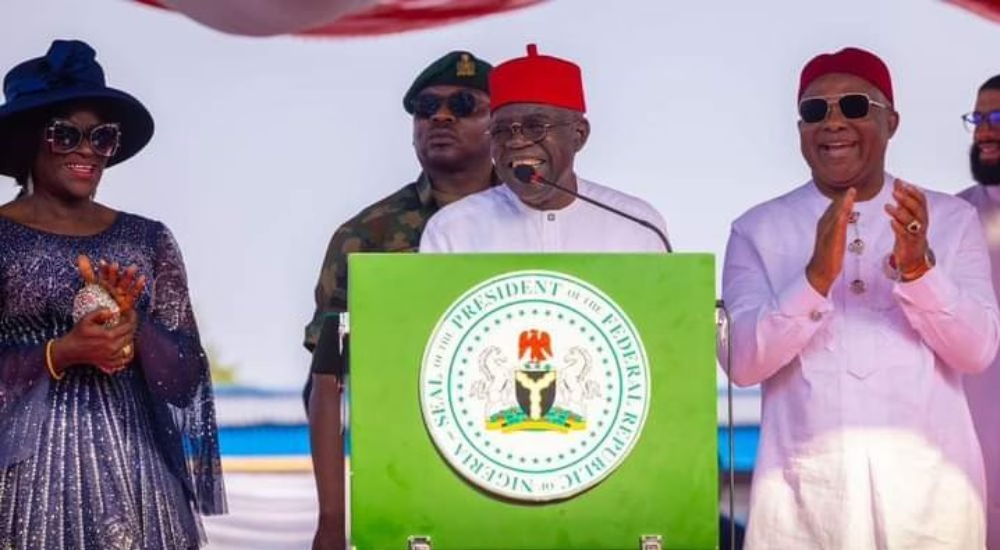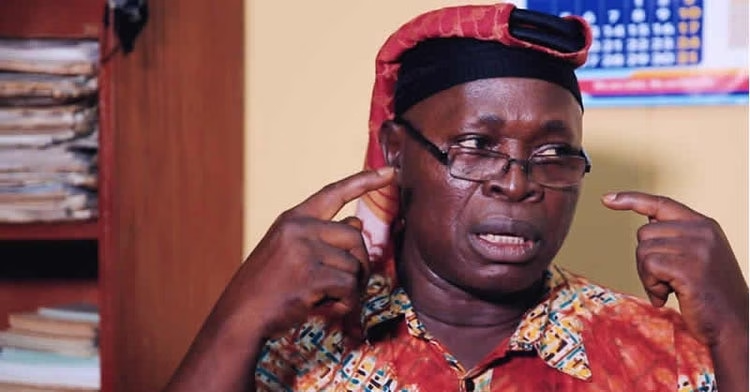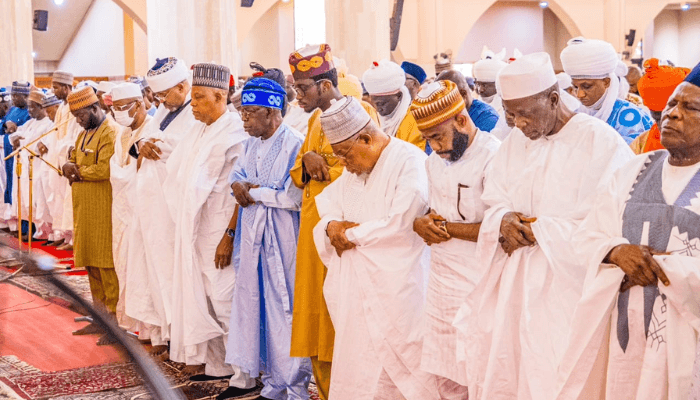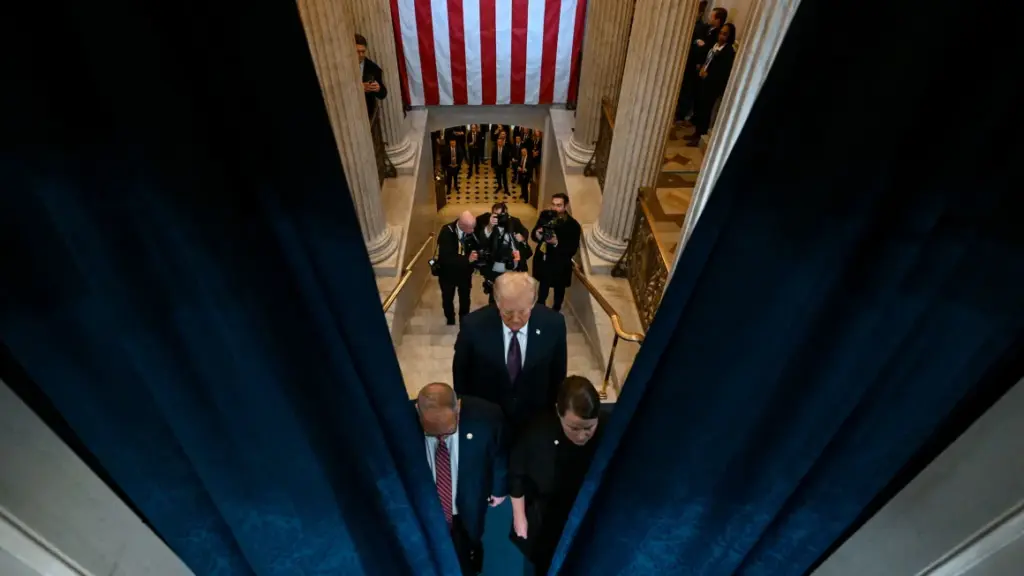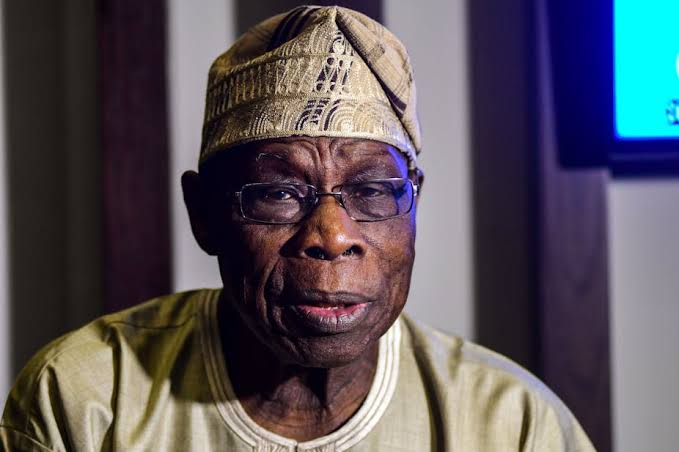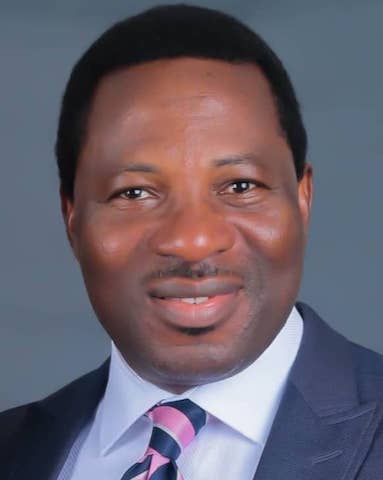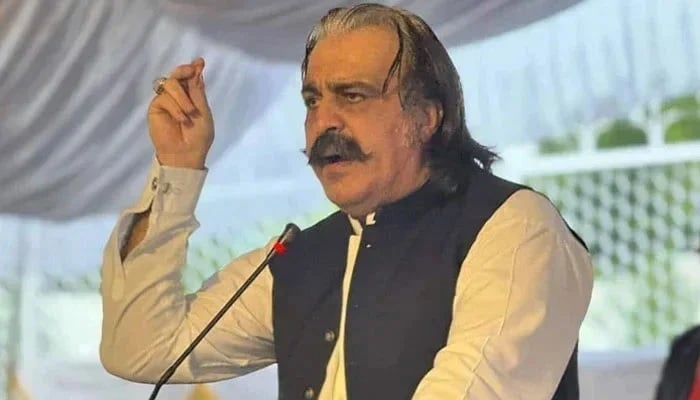5 Popular Names Nigerians Have Called PresidentTinubu
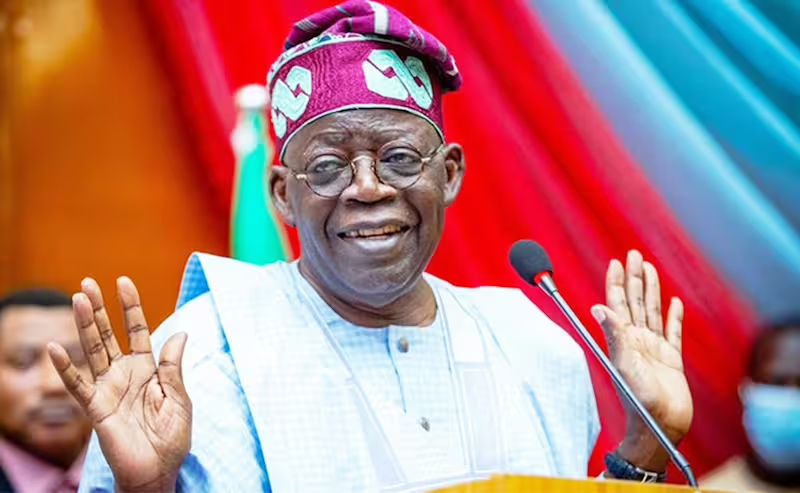
Politics tamfitronics
Nigerians have given President Tinubu many nicknames, each representing different parts of his personality and political career.
These nicknames are more than just names; they show the public’s feelings and the stories behind Tinubu’s rise from local Lagos politics to national leadership.
Here’s an explanation of what some of these names mean.
The leader
Supporters call Tinubu “Jagaban” to show that they see him as a strong leader. In Hausa, “Jagaban” means a leader who is at the front, similar to a war commander. This name points to his influential and decisive role in Nigerian politics, especially in Lagos.
Leader
“Asiwaju” means “front-runner” in Yoruba. This nickname reflects Tinubu’s ability to lead and set trends in politics. It shows he is a pioneer who has shaped how politics is done in Nigeria.
City Boy
“City Boy” connects Tinubu to the lively city life of Lagos, where he has made a big impact. The name suggests he’s like the character in stories about young people who move to the city and succeed through hard work. It showed his deep ties and influence in Lagos, a major urban centre.
Emilokan
“Emilokan,” which translates to “It’s my turn,” comes from Tinubu’s campaign slogan. It was used by his supporters during his presidential campaign to show that they believed it was his time to lead the country after many years in politics.
T-Pain
This newer, humorous nickname was inspired by the American musician T-Pain. It originally reflected the economic difficulties faced by Nigerians, especially after the fuel subsidy was removed. However, his supporters now use “T-Pain” to mean “temporary pain,” suggesting that any challenges during his presidency will be short-lived.
Discover more from Tamfis Nigeria Lmited
Subscribe to get the latest posts sent to your email.



 Hot Deals
Hot Deals Shopfinish
Shopfinish Shop
Shop Appliances
Appliances Babies & Kids
Babies & Kids Best Selling
Best Selling Books
Books Consumer Electronics
Consumer Electronics Furniture
Furniture Home & Kitchen
Home & Kitchen Jewelry
Jewelry Luxury & Beauty
Luxury & Beauty Shoes
Shoes Training & Certifications
Training & Certifications Wears & Clothings
Wears & Clothings





